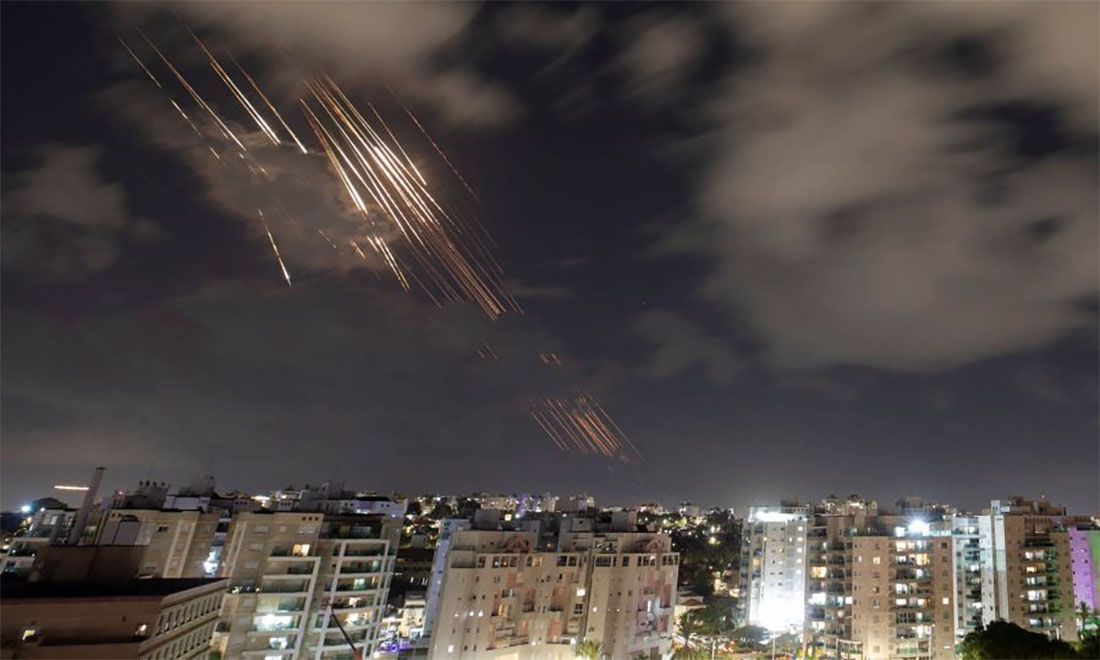
Photo Credit: Getty Images
Marking a significant escalation of Middle East hostilities, Iran launched approximately 180 missiles toward Israel on Tuesday, marking the first direct attack between the two nations. Israeli defense systems successfully intercepted most projectiles, with the Israeli Defense Forces (IDF) reporting minimal damage and no casualties.
IDF spokesperson Daniel Hagari warned that the attack "will have consequences," emphasizing Israel's maintained state of high alert. The assault appears to have concluded, with Israeli authorities permitting residents to leave their shelters around 8:30 PM local time.
Iran justified the strikes as retaliation for recent Israeli actions, particularly the deaths of Hamas leader Ismail Haniyeh, Hezbollah leader Hassan Nasrallah, and Iranian Revolutionary Guard deputy commander Abbas Nilforoushan. A senior Iranian official confirmed that Supreme Leader Ayatollah Ali Khamenei directly ordered the attack, adding that Iran "is fully ready for any retaliation."
International response was swift, with UN Secretary-General António Guterres condemning the "broadening of the Middle East conflict" and urgently calling for de-escalation. UK Prime Minister Keir Starmer expressed "steadfast commitment to Israeli security" in a call with Israeli Prime Minister Benjamin Netanyahu during the attack.
The U.S. had warned of an imminent Iranian strike earlier in the day, with the embassy in Israel directing all American personnel to shelter in place. National Security Advisor Jake Sullivan later stated that the attack appeared to have been largely defeated, though the situation remained "fluid."
Hamas praised the Iranian action, characterizing it as a response to "the occupation's continuing crimes against the peoples of the region."
The missile barrage occurred against a backdrop of escalating regional tensions. Earlier Tuesday, a shooting incident in Jaffa, Tel Aviv, resulted in four deaths and seven injuries, though this appeared unrelated to the Iranian attack.
















